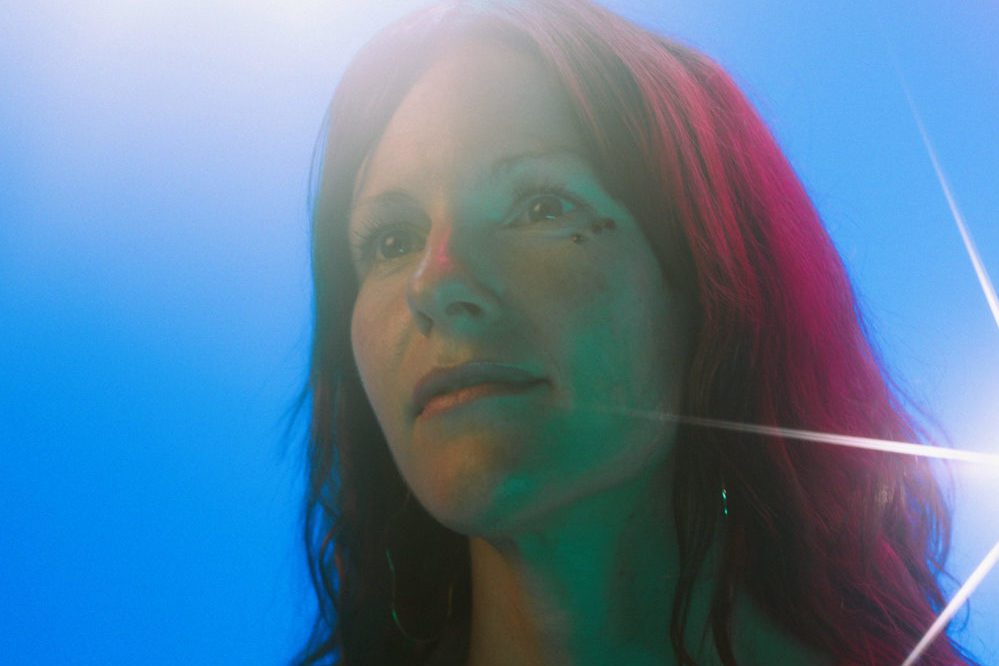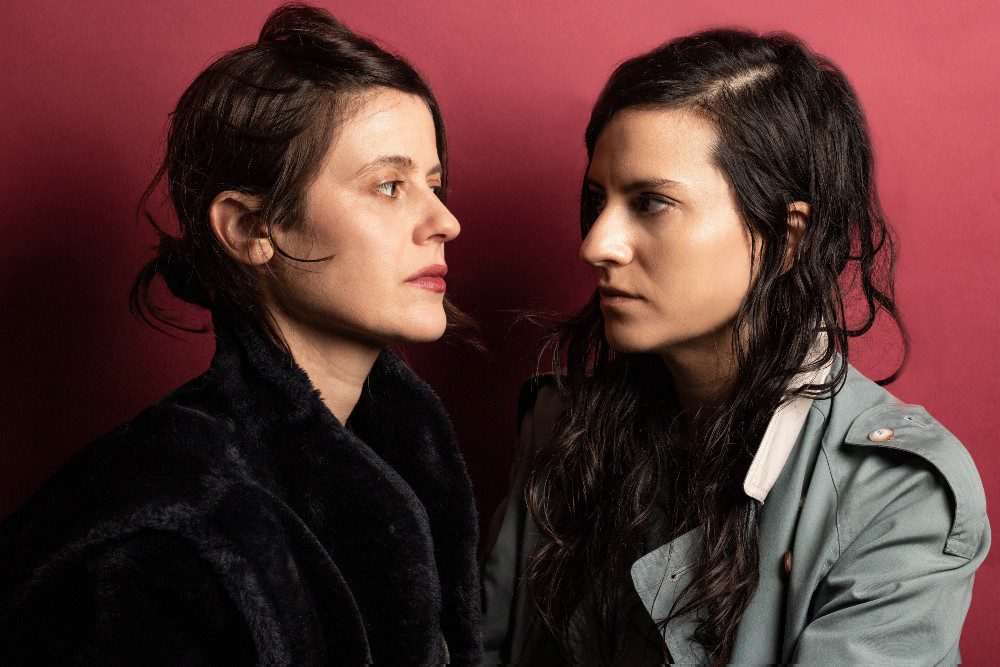

(Editor’s Note: Since the publication of this piece venues have shuttered and tours have been canceled due to the Coronavirus pandemic, including the Caribou tour mentioned below. They are working on rescheduling those dates, but a lot is up in the air! Here are some ways you can help support musicians and related industries during the crisis).
Kaitlyn Aurelia Smith is excited. When she heads out on tour opening for Caribou, beginning March 16 in Hamilton, Ontario, the L.A.-based electronic composer will perform with the Buchla Lightning wand, which will control a box of sounds near her that she spent “months and months” programming. “For a while, I was trying to come up with ways to not look like a dweeby wizard while I was using it,” she says by phone.
When it comes to synths, though, Smith is a bit of a wizard. Working with an assortment of gear that changes from album to album – modular synths and rare, vintage instruments are often a part of the process – she creates layered, emotional electronic music that conjures images of nature and cities, isolation and crowds. She can take listeners on journeys through space and time, weaving the history of synthesizer music through pieces that otherwise sound contemporary. She’s essentially building imaginative worlds through music.
Self-taught in piano and classically trained in guitar, Smith had initially envisioned a different musical path. “I studied sound engineering and learned how to write for orchestras,” she says. After finishing school, though, Smith hit a creative hurdle. She didn’t have access to orchestras and classical guitar, but, she adds, that style “wasn’t the sound that was supposed to be expressing the music that I was feeling internally.” She was ready to change career plans when fate intervened. Smith’s then-neighbor showed her his collection of Buchla synthesizers and eventually lent her one. She took it back to her cabin on Orcas Island in Washington, where she grew up and was living at the time, and spent a year teaching herself how to make make music with it.
“The moment I said, ‘okay, I give up,’ the pressure was gone,” she says. “I started to explore music every day in such a slow, experimental way that I had no expectations of anything. It felt like the opposite music process from what I was doing before, where I had all this pressure on myself to build these songs and create this architecture out of music.” Smith would listen to a single tone for hours and began to connect it to what she learned in school, figuring out how to share the sound that was made by the instrument. “It became really effortless,” she says of making music. “The pressure wasn’t on me to create these things. It was more about me sharing what I hear.”
Since then, her creativity abounded through singles, EPs, full-length albums and other projects. Smith collaborated with the pioneering composer Suzanne Ciani in 2016. She launched the multidisciplinary arts company Touchtheplants, though which she released Listening, the first in a series of pocket-sized books, which comes with a deck of cards featuring listening exercises. Last year, she re-released one of her earlier synth albums, Tides: Music for Mediation and Yoga, which she originally created when her mom, a yoga teacher, asked her to make a soundtrack for class. Smith has also led guided meditation events.
Her influences have come from various disciplines and she says that her “biggest muse” is dance. “I would feel that [dancers] were communicating something that I was feeling inside that no one else could communicate,” she says. “I still feel that way.”
On the road with Caribou, a wave of Smith’s Buchla wand will summon songs from her forthcoming LP The Mosaic of Transformation, set for a May 15 release via Ghostly International. She says that it’s also a chance to test out some of the live elements for a later solo tour, but the initial idea for the project came to Smith at least five years ago. “I wanted to make an opera, just in the sense that there are recurring themes and recurring characters with sounds that come in and out throughout the album,” she says.
She was also inspired by electricity and learning about the spine and the nervous system, as evidenced by the LP’s ten-minute-plus lead single, “Expanding Electricity.”
The album came together, in part, because of a residency Smith had at National Music Centre in Calgary. She was able to work with their collection of rare instruments. “They would send me a PDF of their collection and every day, I would tell the engineer there which instruments I wanted to play with and they would set up a room with all the instruments and then leave me to record in there,” she says. “It was very heavenly.”
Smith often relies on residencies at cultural institutions to gain access to the instruments that she uses on her recordings. “For a very small amount of time, I tried to collect rare synthesizers,” she explains, “and the responsibility of keeping them in good condition is so overwhelming that I decided to just use residencies.”
Having access to the Music Centre’s collection opened up possibilities for Smith in terms of composing, but when it came time to record, Smith had to improvise once again. “I was going to record it with a real orchestra and I had all the parts written out and ready for it,” she explains, “but I couldn’t get the funding together, so I processed orchestral samples along with the synthesizers.” However, she points out, if she does have the opportunity to perform with an orchestra or ensemble in the future, she already has their parts written.
“I change my whole live set up each album,” Smith says. In some instances, she had a vision for the live performance before she began recording. Other times, she has thought about the performance of the work while she was making it.
“[Transformation] is pretty different from any live experience I’ve done before,” she says. She’s been working on ways to incorporate performance art into her sets and making “extensions” of the songs rather than simply recreating the album.
As for the wizard connotations, Smith says, “Now, I’m just embracing it, that that’s what I’m going to look like. It’s fun.”




